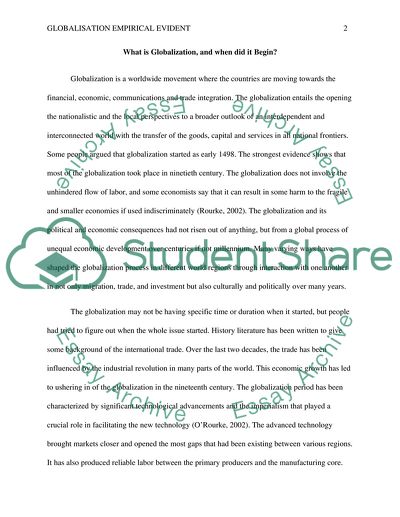Cite this document
(Globalization Empirical Evident Book Report/Review, n.d.)
Globalization Empirical Evident Book Report/Review. Retrieved from https://studentshare.org/macro-microeconomics/1876267-globalisation-empirical-evident-summarise-the-following-papers
Globalization Empirical Evident Book Report/Review. Retrieved from https://studentshare.org/macro-microeconomics/1876267-globalisation-empirical-evident-summarise-the-following-papers
(Globalization Empirical Evident Book Report/Review)
Globalization Empirical Evident Book Report/Review. https://studentshare.org/macro-microeconomics/1876267-globalisation-empirical-evident-summarise-the-following-papers.
Globalization Empirical Evident Book Report/Review. https://studentshare.org/macro-microeconomics/1876267-globalisation-empirical-evident-summarise-the-following-papers.
“Globalization Empirical Evident Book Report/Review”, n.d. https://studentshare.org/macro-microeconomics/1876267-globalisation-empirical-evident-summarise-the-following-papers.


